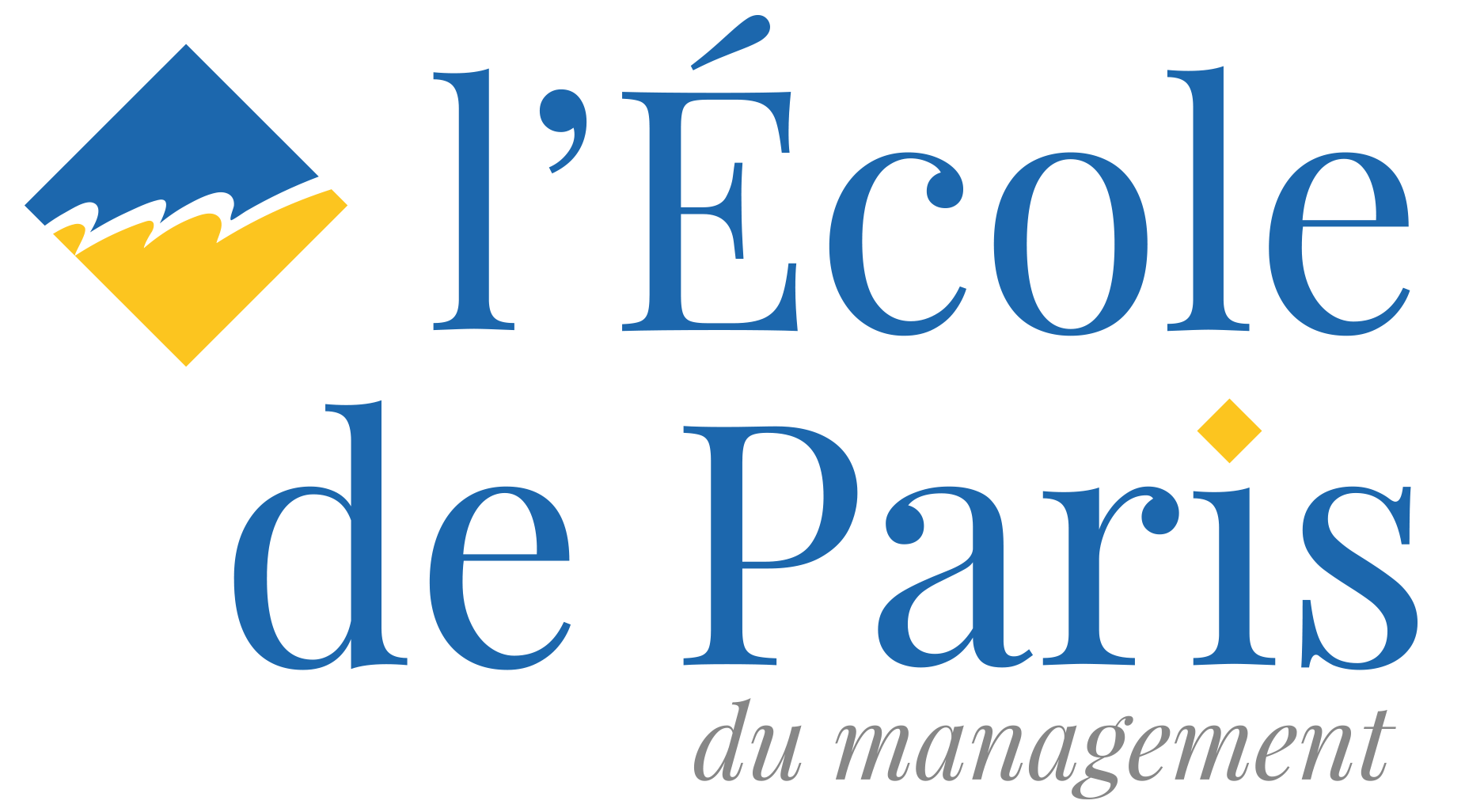Taking France’s regions seriously
Seminar Economy and meaning | Wednesday December 5, 2018 - 9h00 - 11h30
Public interest and public service have always been a feature of Jean-Luc Delpeuch’s career, as shown by his employment history. He was an engineer in one of the former regional departments for industry, research and the environment (DRIRE: direction régionale de l’industrie, de la recherche et de l'environment); an advisor to Vladimir Dlouhy (the future Czech Republic minister of Industry and Trade after the Velvet Revolution); a mission head at the European Commission; the director of the Cluny école nationale des Arts et Métiers engineering school; the mayor of Cluny; and president of the Cluny region ‘community of communes’. These experiences helped him to assess the workings of the different layers within the French administration and to recognise the lack of knowledge one may have about people in other administrative departments. He has been able to show the many advantages of a community of communes, but at the same time he has exposed the State’s disdain for this community. According to Tocqueville, the way in which the State treated the ‘parishes’ (as they were called in his time) was one of the causes of the French Revolution, and Jean-Luc Delpeuch is struck by the relevance of this analysis in today’s society. What has to be done so that the State - and the regions - really understand territorial collectivity? Jean-Luc Delpeuch has launched a large-scale project in collaboration with HESAM Université to address this shortcoming in the form of assigning 1,000 doctoral students to the regions.
The entire article was written by:
François BOISIVON



No comments yet